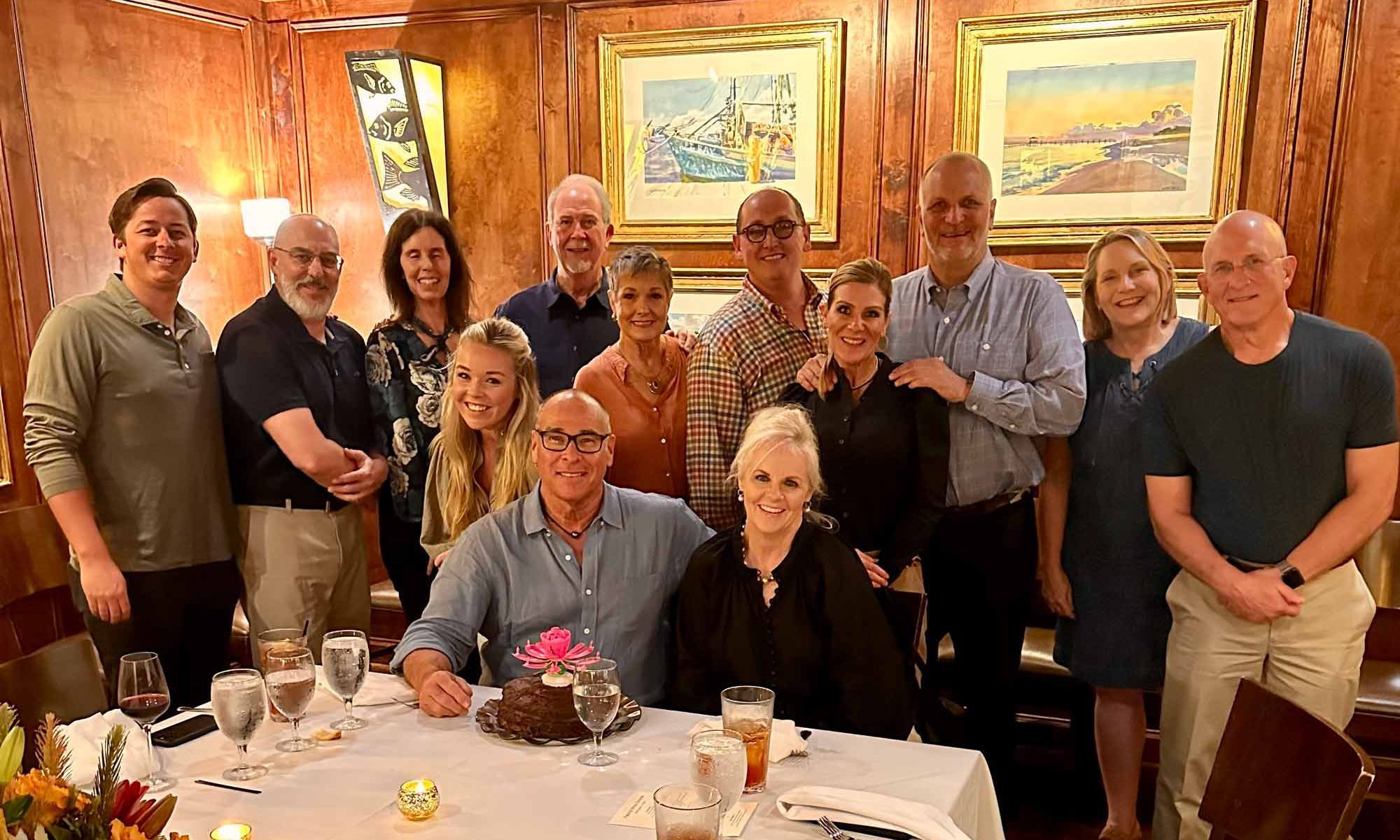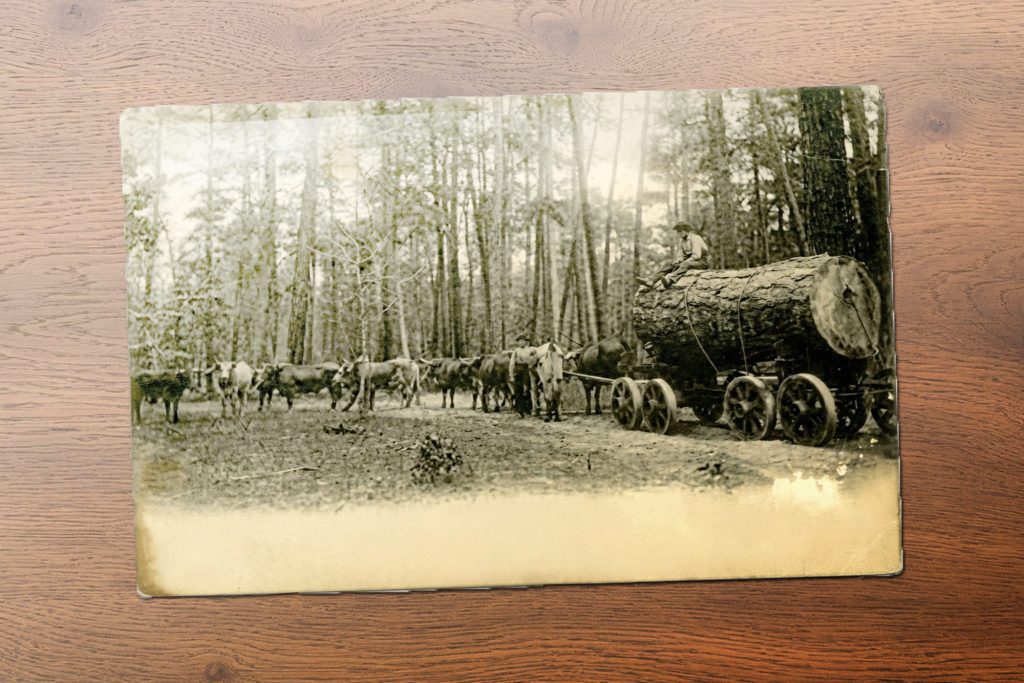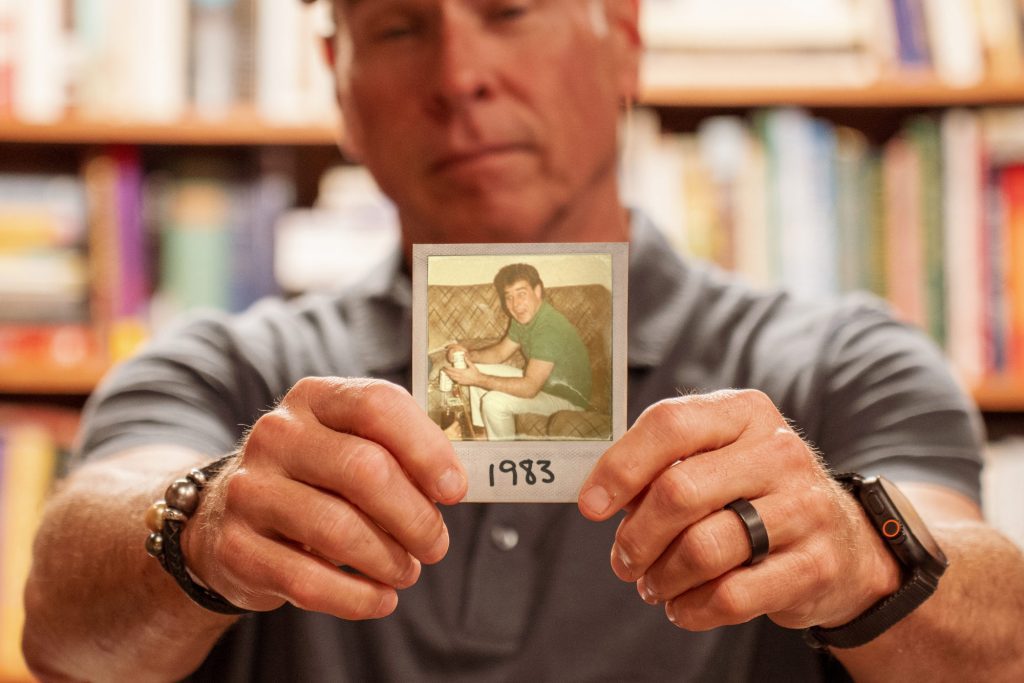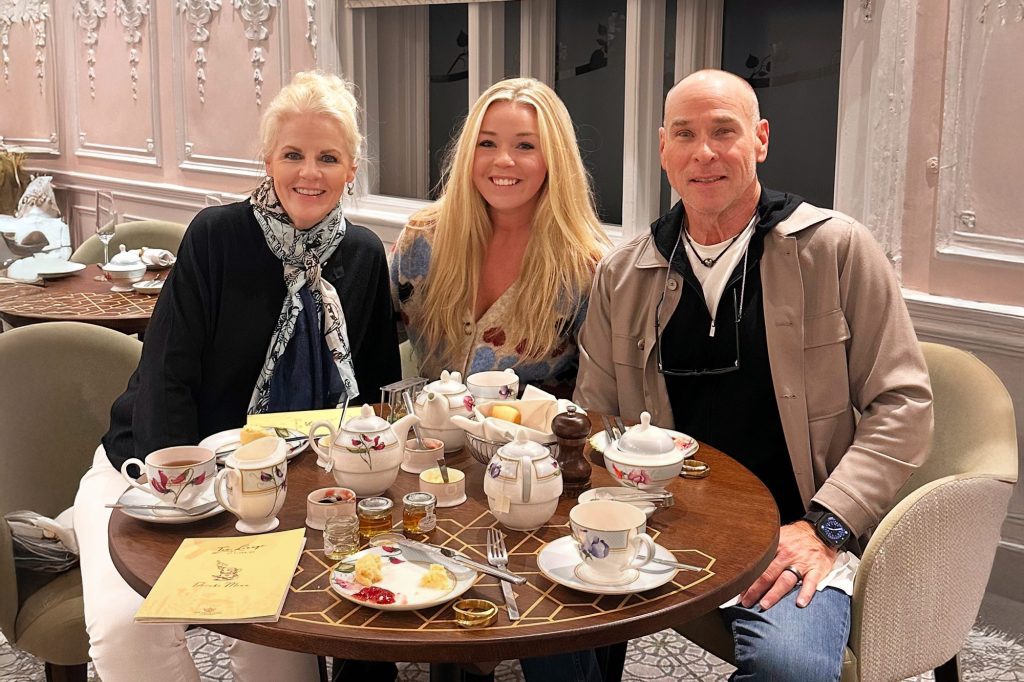At 63, I’m still a work in progress. If you’d asked me at 30, I’d have told you I’d have life and business all figured out by now, with nothing left to do but coast. How wrong I was. Back then, I thought I’d cracked the code of my 20s and that my 30s and 40s would just be about riding the wave. When I hit 40, I was sure I’d have it nailed by 50. By 50, I started wondering if anyone ever really has it figured out. Now, in my 60s, I’ve learned to embrace the fact that I’m never going to have it all sorted. And you know what? I’m kind of excited about that. Maybe that’s what aging does—it humbles you, but it also gives you permission to keep getting better, to keep striving. Wisdom doesn’t mean you have all the answers; it means you’re smart enough to know there’s always room to grow.
This year, I’m focusing on just two things: one in my personal life, and one in my business life. I used to try to take on everything at once, thinking I could handle the whole apple in one bite. But I’ve learned that if I focus on just a couple of key areas, I can make real, lasting changes. So, this year, the apple is split in two. In my personal life, I’m working on gratitude. In my business life, I’m laser-focused on candor. And not just any candor—I’m talking about what I call respectful candor.
Gratitude isn’t a new concept for me. I first learned it at 21 years old when I went to rehab. Back then, I didn’t feel like I had a damn thing to be grateful for. Life felt like it was falling apart, and the idea of making a daily gratitude list seemed like a joke. But as I worked a 12-step program and surrounded myself with people who had been where I was, I started to see things differently. Even in the darkest moments, there were still things—small things, maybe, but real things—that I could be thankful for. That daily gratitude list became a lifeline.
Now, I don’t make a physical list every day anymore, but I think about gratitude constantly. My faith, my family, my friends, and my team—those are the things that keep me grounded. The older I get, the more I realize that it’s not the material stuff that matters; it’s the relationships and the spiritual connections. I’m blessed beyond measure in that regard, and it’s something I never want to take for granted.
I make phone calls these days. They’re usually out of the blue and go something like this (this was an actual call), “Hey Cliff, I’ve reached an age to when I think of something I go ahead and say it. I just want you to know how much I have always admired you and the way you fathered your children. You might not have known it, but you set a great example for me to follow.” Sometimes it takes them aback. But it’s just as much for me as it is for them. I have lost too many friends to early to let life’s important things go unsaid.
But here’s the thing: even after decades of practicing gratitude, I’m still learning how to better express it. I used to read the daily manager logs from our restaurants—the reports that tell me how the restaurants did the day before—and see moments where one of my team members had gone above and beyond. Every time, I’d think to myself, “I need to thank them when I see them.” But guess what? I’d forget. Nine times out of ten, that moment would slip away, and I’d miss my chance to show them how much I appreciated their efforts.
Not anymore. Now, when I see something worth acknowledging, I send a text right away. A quick show of gratitude such as a “thank you” takes less than a minute, but it lets them know that their work matters. It connects us in a way that’s immediate, and I’ve seen the impact it has. Gratitude isn’t just something you feel—it’s something you show, and that’s what I’m focusing on now.
And when I think about the bigger picture—like the fact that 670,000 people in Mississippi don’t have enough food to lead a healthy life—it hits me just how fortunate I am. I have no business complaining about anything. I’m blessed beyond belief, and with that comes a responsibility to help those who don’t have the same privileges.
If gratitude is something that comes naturally to me, candor has always been my Achilles’ heel. Always. I’ve spent most of my career avoiding tough conversations, thinking that sparing people the hard truths was the kind thing to do. But what I’ve learned is that avoiding those conversations never helped anyone. It breeds confusion and resentment. People can’t fix what they don’t know is broken, and as a leader, I wasn’t doing anyone any favors by staying quiet.
Then I came across Radical Candor by Kim Scott. She talks about giving feedback with care—being direct, but also being empathetic. It was a game changer for me. I realized that candor isn’t about being harsh; it’s about being honest in a way that helps people grow. In 2022 I shared a stage at the Lincoln Center in New York with Gary Vaynerchuck at Will Guidara’s Welcome Conference. I started following Gary’s podcasts. Vaynerchuck avoided being candorous, too, but now he embraces it as a way to build stronger teams. He calls it “kind candor.”
Though I needed something that felt like me. I toyed with “polite candor” because my mother was always my “manner monitor,” but that didn’t quite fit. What I settled on was respectful candor—the idea that you can be completely honest without being unkind. It’s about getting straight to the point while showing the person that you respect them enough to tell them the truth. It’s not sugarcoating; it’s delivering the message in a way that they can actually hear it and use it.
I’m working hard to bring respectful candor into my business life. I’ve seen the damage that comes from avoiding tough conversations, and I’m committed to not letting that happen anymore. My team knows that when I sit down to talk with them, they’re going to get the truth—but they’re going to get it with respect. It’s already made a difference in how we operate. People feel more empowered, more connected, and more aligned with the vision.
Candor has changed my business life.
What I’m realizing is that gratitude and candor aren’t opposites. They work hand in hand. Gratitude without candor can lead to complacency. Candor without gratitude can feel cold. But when you balance the two, you create something powerful—a culture where people feel appreciated but also know where they stand. It’s a culture where growth is constant, and relationships are stronger because they’re built on both respect and honesty.
At 63, I know I’m still learning. I don’t have all the answers, and I probably never will. But that’s okay. Actually, I don’t want all of the answers. I want to keep growing. I’m excited about the work I’m doing this year—on myself, on my business, and on the relationships that matter most to me. If I can master gratitude in my personal life and respectful candor in my business life, then I’m moving in the right direction.
Onward.




